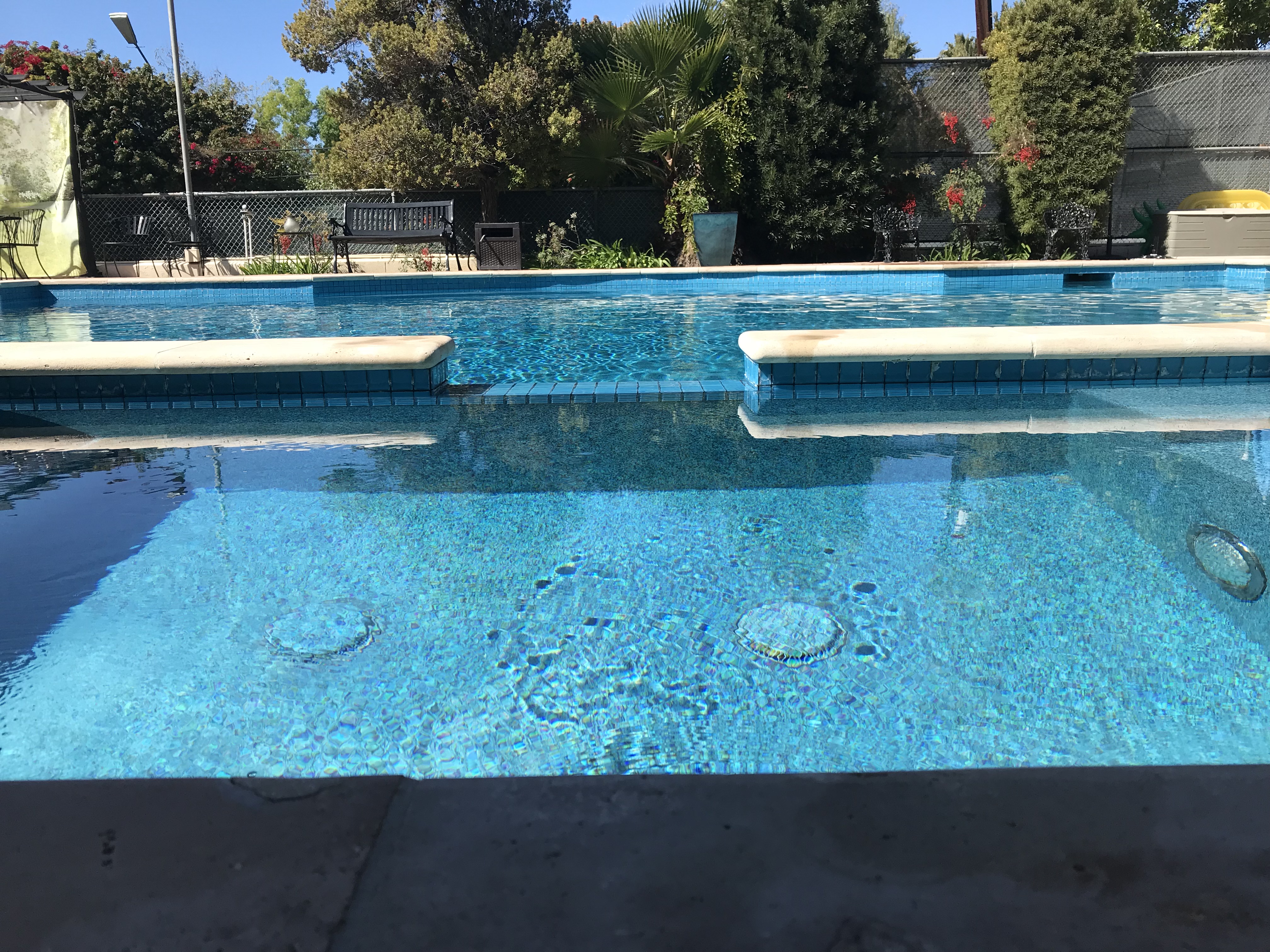
Why You Should Never Pee in a Pool: The Hidden Risks You Didn’t Know
We’ve all heard the joke or the lighthearted confession about peeing in a pool, but the truth is, it’s no laughing matter. While it may seem harmless, urinating in a pool has more serious consequences than you might think—for your health, the pool’s cleanliness, and even the environment. Here’s why you should never pee in a pool and how it affects everyone involved.
The Chemistry Behind Pool Peeing
When urine mixes with pool water, it creates a chemical reaction that can lead to harmful byproducts. Pool water is treated with chlorine to kill bacteria and maintain hygiene. However, when chlorine reacts with urine (and other bodily fluids like sweat), it forms compounds called chloramines. These compounds are responsible for:
- Eye and Skin Irritation:
- That familiar chlorine smell and the stinging sensation in your eyes? It’s not from chlorine itself but from chloramines. These compounds irritate your eyes, skin, and respiratory system.
- Reduced Chlorine Effectiveness:
- Chloramines reduce the amount of active chlorine available to kill harmful bacteria, making the pool less sanitary.
Health Risks for Everyone
Peeing in a pool doesn’t just affect you—it impacts everyone who uses the pool. The health risks include:
- Respiratory Issues:
- Chloramines can become airborne, especially in indoor pools, where they are inhaled by swimmers. This can irritate your lungs and exacerbate conditions like asthma.
- Gastrointestinal Illness:
- When chlorine levels drop due to contamination, it can’t effectively kill harmful germs like E. coli or Giardia, increasing the risk of illness.
- Urinary Tract Infections (UTIs):
- While swimming itself doesn’t cause UTIs, exposure to contaminated water can increase the risk, especially for children and people with weakened immune systems.
Environmental Impact
Peeing in a pool might seem like an individual act, but the cumulative effect of many swimmers doing the same is significant:
- Increased Chemical Use:
- Pool operators have to use more chlorine and other chemicals to counteract the effects of contamination, leading to higher costs and environmental impact.
- Water Waste:
- If a pool becomes overly contaminated, it may need to be drained and refilled, wasting thousands of gallons of water.
Debunking Common Excuses
- “It’s Just a Little Pee”:
- Even a small amount of urine reacts with chlorine. Considering how many people use public pools, the combined effect is significant.
- “Chlorine Will Take Care of It”:
- Chlorine is designed to kill bacteria, not neutralize urine. The more contaminants in the water, the harder it is for chlorine to do its job.
- “Everybody Does It”:
- While some surveys suggest a surprising number of people admit to peeing in pools, this doesn’t make it acceptable or safe.
How to Prevent Pool Peeing
- Encourage Proper Bathroom Breaks:
- Take regular breaks, especially for kids, to use the restroom instead of the pool.
- Educate Swimmers:
- Share the health and environmental risks with friends and family to create awareness.
- Enforce Pool Rules:
- Pool operators can post signs or provide information about the importance of keeping pools clean.
- Stay Hydrated:
- Proper hydration helps reduce the need to urinate frequently and makes it easier to plan bathroom breaks.
A Pool Is Not a Toilet
Peeing in a pool might seem like a harmless shortcut, but it comes with hidden consequences that can affect everyone. By choosing to step out of the pool and use the restroom, you’re not only respecting other swimmers but also contributing to a healthier, cleaner, and more enjoyable swimming experience.
So, the next time you’re tempted to let it go in the water, remember: the pool (and everyone in it) deserves better. Let’s keep our pools clean and safe for all!

